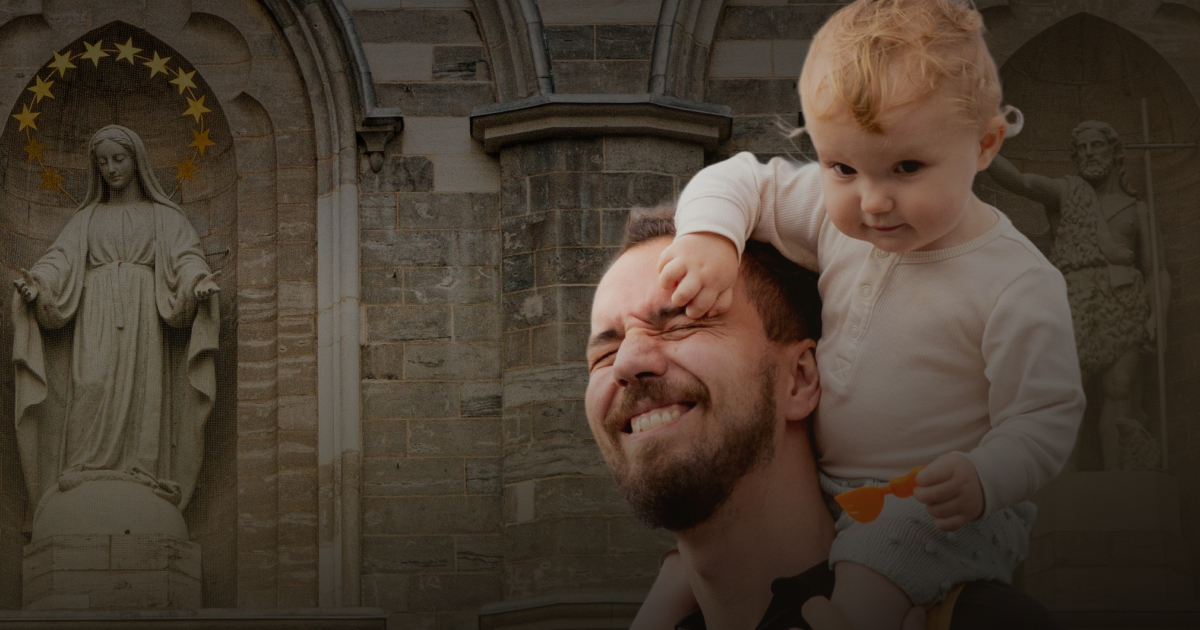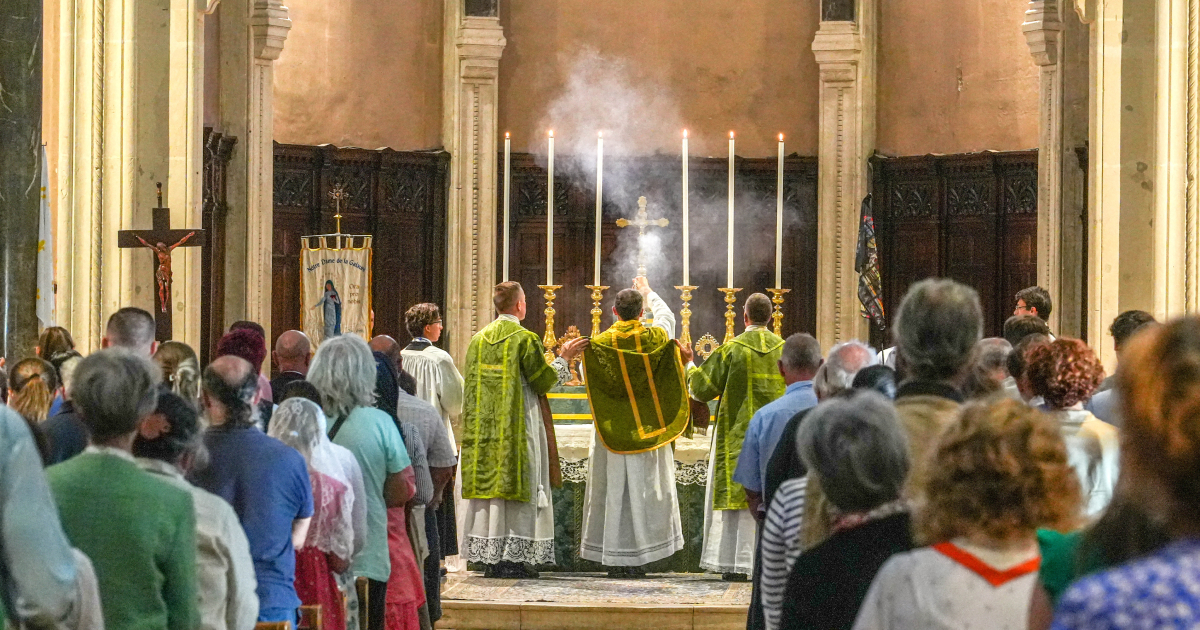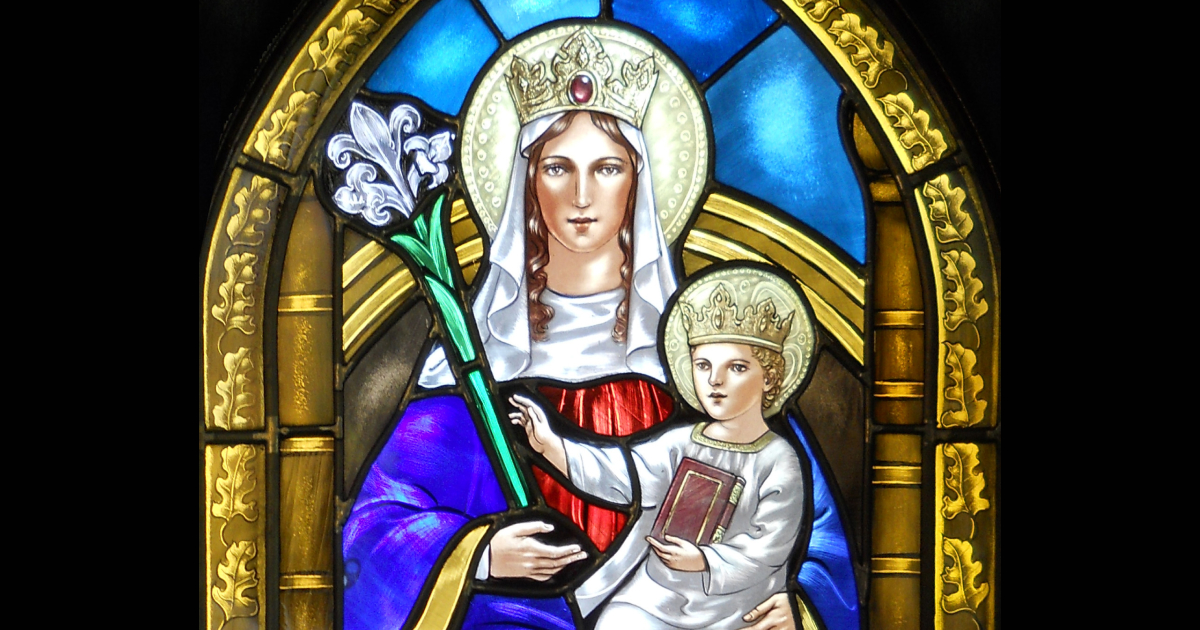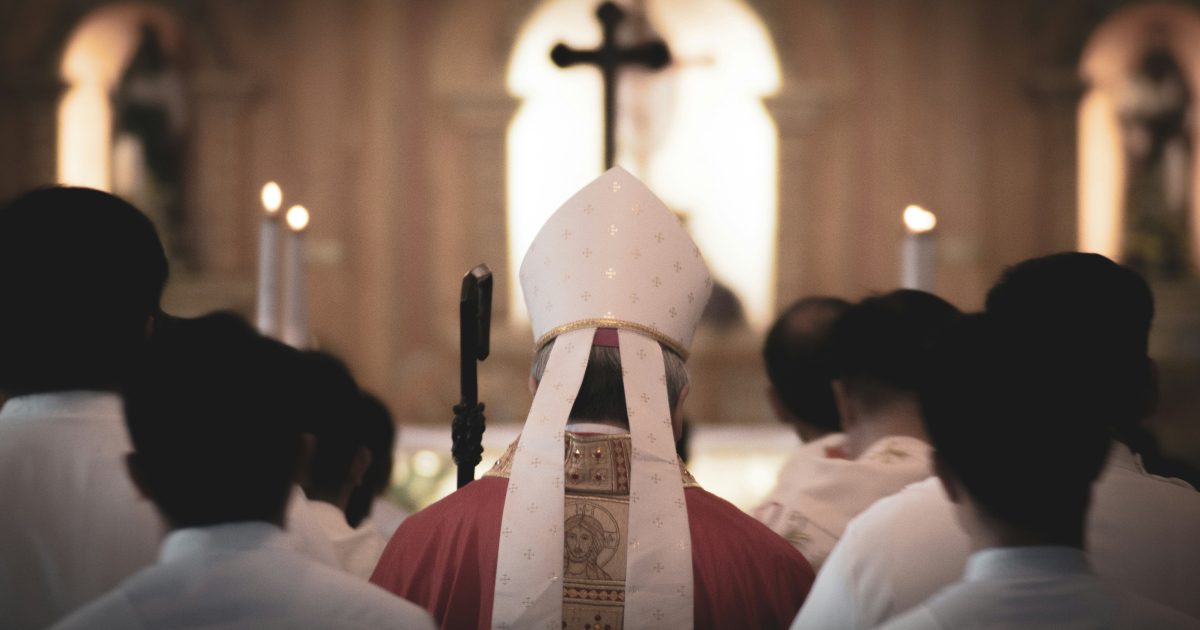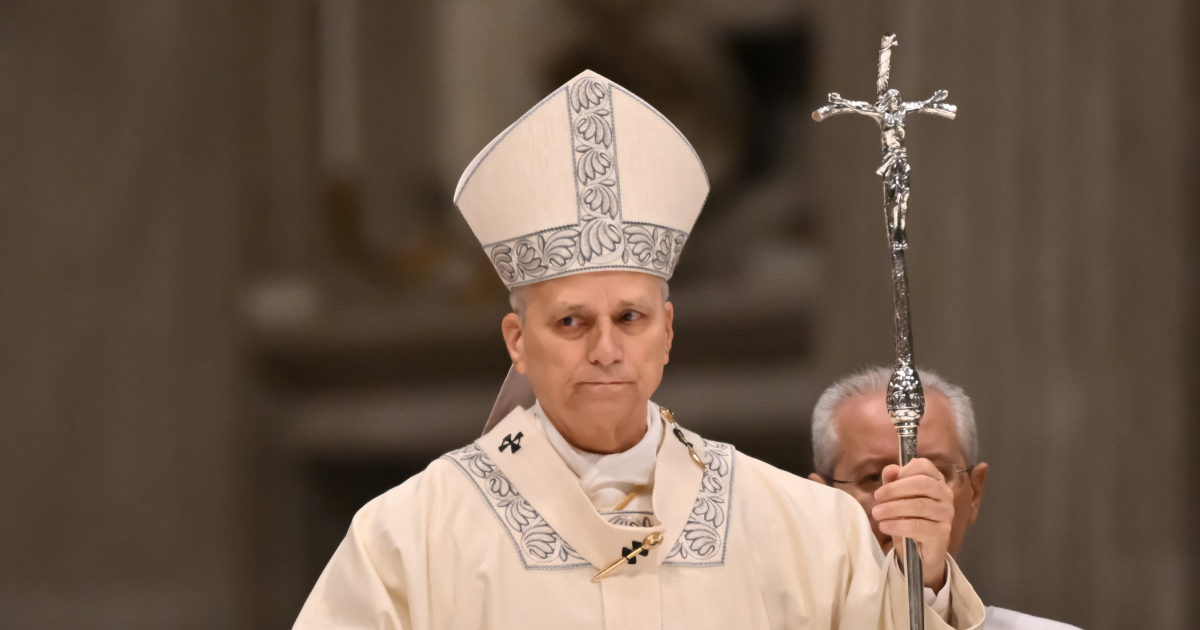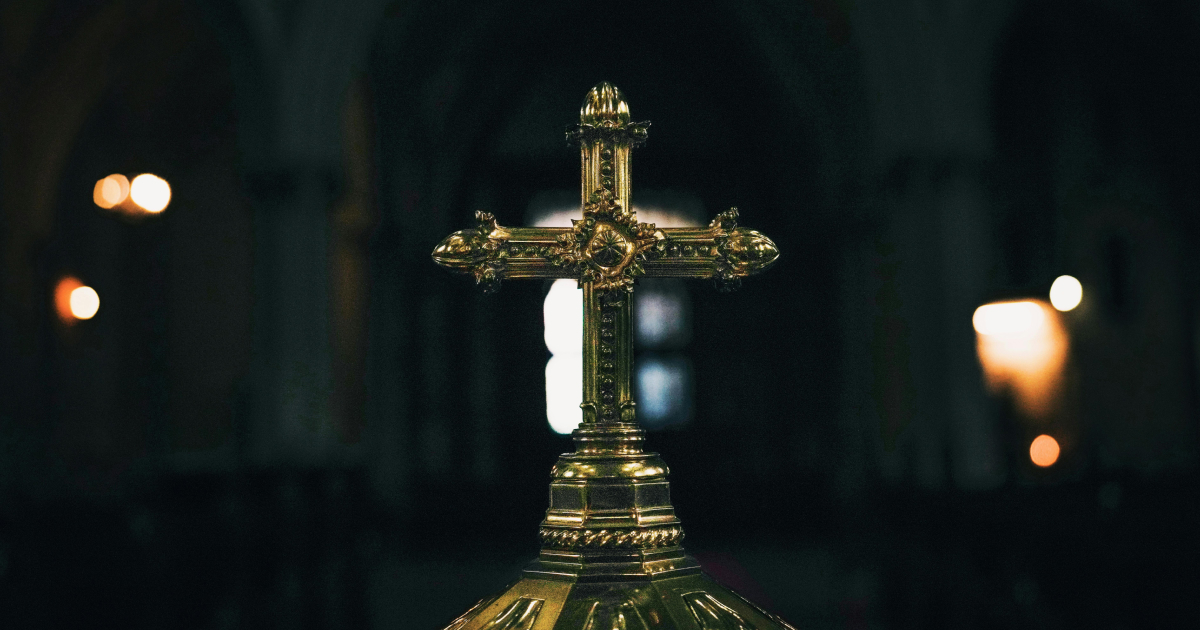In the United States the National Catholic Educational Association reported a 14 per cent decline in enrolment in Catholic schools in the period covering the academic years of 2014 to 2024. Lately it has proven more stable with even a very modest increase.
Either way, when I read data such as this I can’t help but ask myself, who is looking at this? Are there parents out there basing their child’s education on national averages? Or are there schools making decisions based on national research?
A school that is altering it’s strategy from such broad findings seems like an institution that has seriously lost touch with the community it was established to serve. But I don’t run a school, so I’ll refrain from making any further uneducated comments about the education system.
I am a dad of four however. With two children now at school age, it’s high time I gained the information that I do need to make a decision about my children’s education.
After my first year of college I remember asking my dad why he sent my sisters and I to Catholic schools. He said bluntly, “Because I knew it was important that you learned about Jesus, and someone had to teach you.”
My dad was born on a Wisconsin dairy farm in 1964. His parents were faithful Christians of their time. They made sure the family attended mass every Sunday, they prayed before meals and before bed, and a crucifix hung proudly in their home. What my dad received from his father he passed onto me. Every bit of it.
Did he know Jesus? Well, like he said, he knew it was important to learn about Jesus. In the end, will that prove to be enough?
We began this article considering if Catholic schools are still worth sending our children to today. The two factors that seem most important for this question are the quality of the schools intellectual and the spiritual formation.
Each family has their own insights as to what makes a school best for their children in the matter of intellectual formation: college prep school, bi-lingual school, classical education, an emphasis on fine arts, etc. Thus, I must leave you to the investigation of your local Catholic school systems to see if their offerings fit your desired expectations.
On the spiritual side, however, as Christians we are united into one Christ. We profess one faith, one Church, one baptism. This is a tremendous aid in our evaluation of the quality of a given school’s spiritual formation.
No matter what spiritual tradition – Franciscan, La Salian, Jesuit, etc. – the centre of all Christian spirituality is complete unity with Jesus Christ and his Church. Anything that falls short of wholeheartedly pursuing this standard does not fit the name of Christian.
Let’s say you have taken the time to thoroughly evaluate your local Catholic school. You are satisfied with the academic offerings and the school has proven itself a place that is authentically Christian from the first bell to the last bell. Does that mean, as a dad, you should choose this Catholic school for your children in 2025? No.
Before I receive a barrage of digital tomatoes and other pixelated fruit, know that I’m also not saying you shouldn’t send your children to Catholic schools. I am simply saying that these factors alone are still not enough for you to make a final decision.
When it comes to assessing the Christian integrity of a school, the Church tells us that it is not only our right to do so, but our responsibility:
“… it is the task of the whole educative community to ensure that a distinctive Christian educational environment is maintained in practice. This responsibility applies chiefly to Christian parents who confide their children to the school” (The Sacred Congregation for Catholic Education: The Catholic School #73).
But assuring the schools integrity is not enough. The Church’s advice continues: “Having chosen it does not relieve them of a personal duty to give their children a Christian upbringing.”
Our responsibility to give our children a Christian upbringing is not fulfilled even with the enrolment of our children in the finest of all Catholic educational institutions. And in fact, finding the perfect school might actually make it harder for us to grasp this reality. For we might fall pray to believing we have achieved our task at the stroke of that tuition check.
Allow me to share this story from a men’s retreat that I spoke at last year. As I was speaking, I found myself looking out at a room full of upper-class Christian men – and I saw a problem that I didn’t intend to address in this particular talk. But the moment showed itself as most fitting to speak of that which had not yet been spoken to these men before – so I ventured off script and delivered to them a reality check that was likely more valuable than anything else I had to say that day.
“If you send your children to Catholic schools to learn the faith, only to have them come home to a dad that clearly isn’t living it all out for the Lord, you are blowing your money,” I said. “You are the primary educator of your children. No matter how good of a job that school does at teaching your children, they look to you to either validate or negate what they are learning.
“If they don’t see you pray, how can you expect them to pray? Like it or not, they are more likely to model their faith life after you, their father, than any Catholic school teacher. The way you are living your life is the most impactful way you are educating your children.”
Nationally, Catholic school enrolment has ceased its decline and may have even arrived at a turning point. A new wave of faithful young principals have begun to recharter the course of numerous parish schools from coast to coast in the US.
Classical schools are making a comeback as Chesterton Academies continue to open new locations with no signs of slowing down. But will any of this result in a stronger Church for the next generation?
The dads will decide.
Photo: graphic by Arcadia





